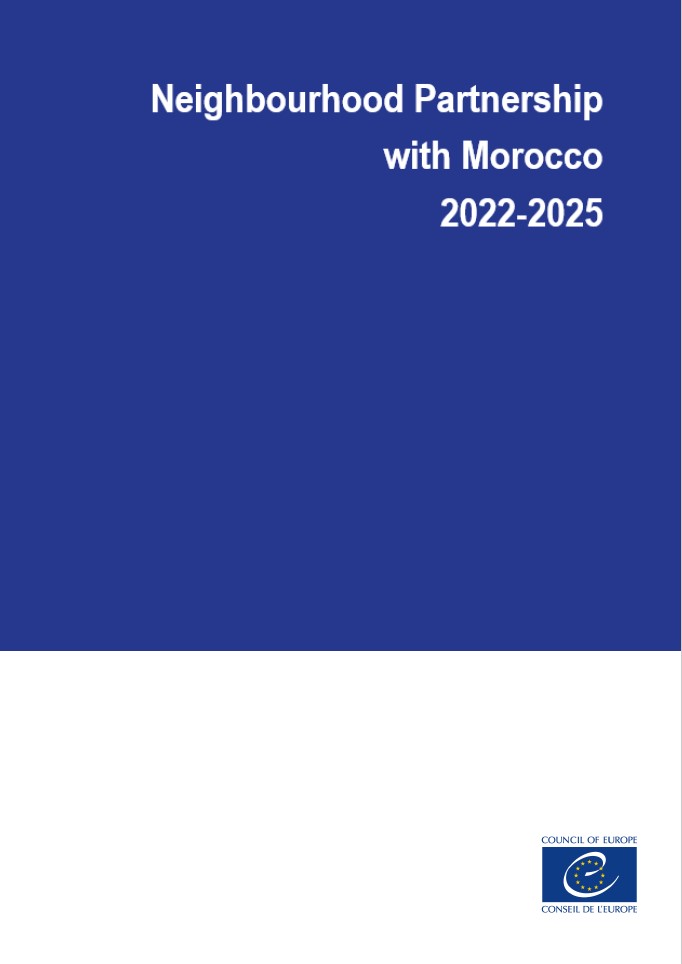Council of Europe policy towards neighbouring regions
In May 2011, at the 121st Ministerial Session in Istanbul, the Committee of Ministers of the Council of Europe endorsed the Secretary General's proposal for a Council of Europe policy towards neighbouring regions, covering the Southern Mediterranean, the Middle East and Central Asia.
The Council of Europe policy towards its neighbouring regions seeks to:
- facilitate democratic political transition;
- help to promote good governance;
- reinforce and enlarge the Council of Europe's regional action in combating trans-border threats.
The policy has been implemented in close partnership with the European Union (EU), on the basis of the arrangements endorsed by the Committee of Ministers, in particular its two key components:
- the Neighbourhood Co-operation Dialogue, carried out at political level; and
- the Neighbourhood Co-operation Priorities, setting out specific co-operation activities to be carried out in the fields of human rights, democracy and the rule of law.
The Council of Europe policy towards its neighbouring regions focuses on areas in which the Council of Europe has a clear added value. Council of Europe Conventions and standards are the main reference for co-operation. A close co-operation and co-ordination with other international partners allows avoiding duplications and promoting synergies in co-operation activities.
Council of Europe co-operation is demand-driven on the basis of the needs and priorities expressed by the counterparts. Furthermore, a flexible approach is adopted, in order to tailor any intervention on the situation of a specific country but also to respond to new emerging priorities.
The first neighbourhood co-operation documents (Neighbourhood Co-operation Priorities, NCPs) were concluded with Morocco, Tunisia and Jordan for the period 2012-2014. Political dialogue and technical co-operation, the two basis of co-operation with these partners, have been further strengthened in the framework of new co-operation documents covering 2015-2017 and 2018-2021 (Neighbourhood Partnerships, NPs) that were adopted by the Council of Europe’s Committee of Ministers in February 2015 and in March 2018 respectively. The current partnership frameworks for Tunisia and Morocco, the Neighbourhood Partnerships 2022-2025, have been adopted by the Council of Europe’s Committee of Ministers in November 2021, on the basis of the political will emanating from both sides and the tangible achievements accomplished since 2012.
In Central Asia, co-operation documents have been adopted for Kazakhstan and the Kyrgyz Republic. The first “Neighbourhood Co-operation Priorities for Kazakhstan 2014-2015: co-operation activities on Council of Europe’s conventions in criminal matters” was implemented between 2014 and 2018. The second “Neighbourhood Co-operation Priorities for Kazakhstan 2019-2022” was agreed with the Kazakh authorities and was adopted by the Committee of Ministers of the Council of Europe on 4 April 2019. The “Neighbourhood Co-operation Priorities document for the Kyrgyz Republic for 2015-2017” was approved by the Council of Europe Committee of Ministers on 4 February 2015. In November 2017, the document was extended until the end of 2019.
Co-operation with the neighbourhood is mainly funded through extra-budgetary resources, such as Joint Programmes with the European Union and voluntary contributions from Council of Europe member States.
Council of Europe policy towards its immediate neighbourhood is regularly monitored by the Committee of Ministers of the Council of Europe.




